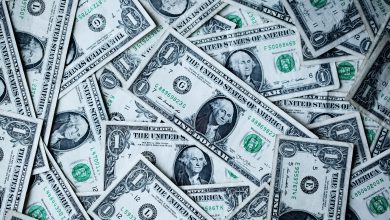
An investment in your home will be the biggest expense in your lifetime. When you get extra cash, it can be tempting to pay down your mortgage to get rid of monthly payments as soon as possible. While the motivation is understandable, it is a mistake.
If you have an interest in your financial well-being, the extra money can be better used in places rather than mortgage payments. When making additional payments to your mortgage, you are likely primarily motivated by one of two things: reducing interest payments or increasing your equity.
The Disadvantages of Equity

Equity in your home is valuable, but there are complications attached to it. If your intention is to sell the property, there is no guarantee you will receive the price you want. In addition, time spent finding the right buyer, having an inspection, and getting everything approved can be much longer than you anticipate.
If a home equity loan is on your mind, there are complications to that as well. Any application for a home equity loan needs to be approved by the bank, and there is no guarantee of approval. For example, if you lost your job and are hoping a home equity loan can help you during unemployment, the bank will not approve your loan because you have no means of repayment. You will be left with nothing for the equity in your home.
Disadvantages to Saving on Interest
If you feel you are saving on interest by making extra payments on your mortgage, you are only partially correct. With a 4% interest rate on your mortgage rate, yes, you will be saving 4% on the money you use to make those extra payments. But, you will be missing out on the growth you could have by putting that money elsewhere.
For example, if you had an extra $5,000 each year that you invested instead of putting into your home and that money grew at 7% annually, after ten years, it would grow to $83,753.75. If you put that same money into your mortgage at $5,000 annually to save on your 4% interest, your $50,000 over that time would save you $19,832.98 on interest. If you did the same thing over 20 years, the investment at 7% would grow to $238,674.31, while the savings on interest would be $65,801.62. These results display a dramatic difference in your net value.

No Guarantees
The counter-argument is that no returns on investments are guaranteed, but the savings from avoiding interest payments would be guaranteed. This is a valid point. There is a real possibility that there could be a recession while you are putting this money into the market. History indicates market downturns are inevitable. But it also indicates that recovery from those downturns will also come, and if you continue investing through the recession, you will gain assets at a discount.
The people who are most successful financially are those that find a way to have their money working for them to produce greater value. Extra money in your home is the laziest work your money could do. There may be a level of risk involved, but that is why you are using money that you don’t need elsewhere. After all, you don’t invest the money you need to pay your mortgage. So, don’t pay your mortgage with the money you need to invest.



